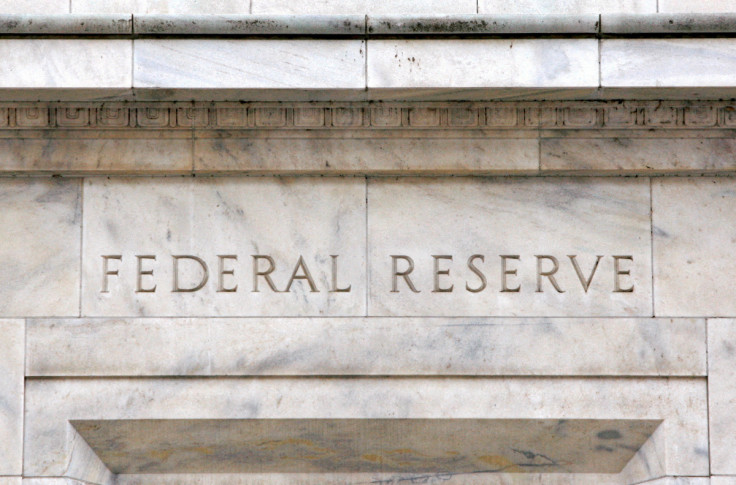Fed Likely To Raise Rates By 25 Bps, With Eyes On Banks -PIMCO's CIO

The U.S. Federal Reserve will likely raise rates by 25 basis points at its next rate-setting meeting next week, although further signs of financial sector instability could lead to a "hawkish" pause, said Daniel Ivascyn, chief investment officer at Pacific Investment Management Co (PIMCO).
Expectations on how aggressive the Fed will be in its inflation-fighting campaign have changed dramatically in recent days after troubles at U.S. regional banks and at Credit Suisse stoked contagion fears among investors.
But as the European Central Bank hiked rates by 50 basis points on Thursday, the U.S. central bank was expected to press on with a quarter-point interest-rate hike despite the banking sector turmoil.
"They're going to be watching signs of more instability across the financial sector very carefully," Ivascyn told Reuters. "There certainly are scenarios where they pause, it'll likely be a hawkish pause if it's a pause, but our current thinking is they go 25."
Ivascyn said he expected market volatility around banks to continue over the next few months with some "isolated areas of weakness," but said the global banking sector was well capitalized compared with the 2008 global financial crisis.
Credit Suisse on Thursday sought to shore up its liquidity and restore investor confidence by borrowing up to $54 billion from Switzerland's central bank, but the move offered only limited respite to global banking stocks.
Meanwhile on Thursday U.S. Treasury Secretary Janet Yellen said the country's banking system remained sound thanks to "decisive and forceful" actions following the collapse of Silicon Valley Bank last week.
"There are going to be weak links within the financial sector and within the credit sector more broadly," said Ivascyn.
"When you have a shock like this one, in an environment of significant macro uncertainty, there are going to be adjustments," he said, referring to such moves as acquisitions or capital raising exercises in the banking sector.
U.S. bond giant PIMCO, which manages over $1.7 trillion in assets, has previously said it expected a recession this year as a swift increase in borrowing costs weighs on the economy.
The prospect of banks becoming more cautious due to tighter financial conditions is expected to contribute to a possible recession or at least a meaningful reduction in economic growth, Ivascyn said.
"We think investors just need to be very, very careful in terms of the credit risk that they're taking at this point in the cycle," he said.
© Copyright Thomson Reuters {{Year}}. All rights reserved.




















